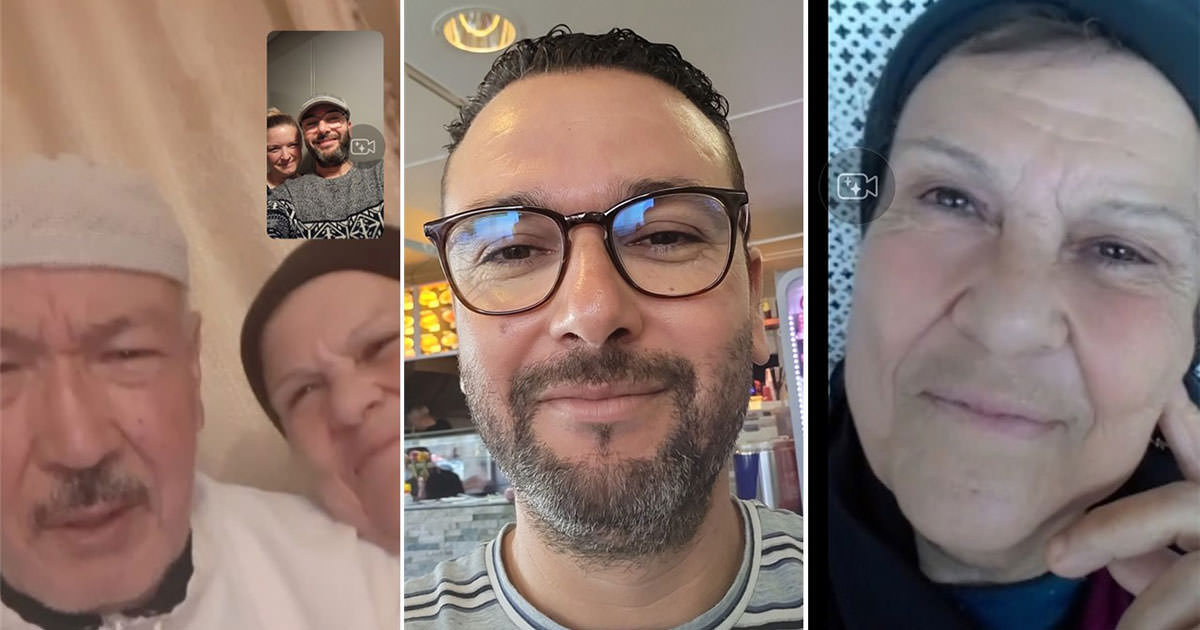Diversity
When care work suddenly becomes part of everyday life
Makram works 60% as a DevOps Engineer at Swisscom. Things were different a few years ago. Like many of his colleagues, he worked 100% at his job. Then his marriage broke up, his parents in Tunisia fell ill and in the midst of the coronavirus turmoil and all these changes in his life, Makram himself fell ill. This not only started him travelling to his home country much more frequently to support his parents, but also began his own journey to recovery.

